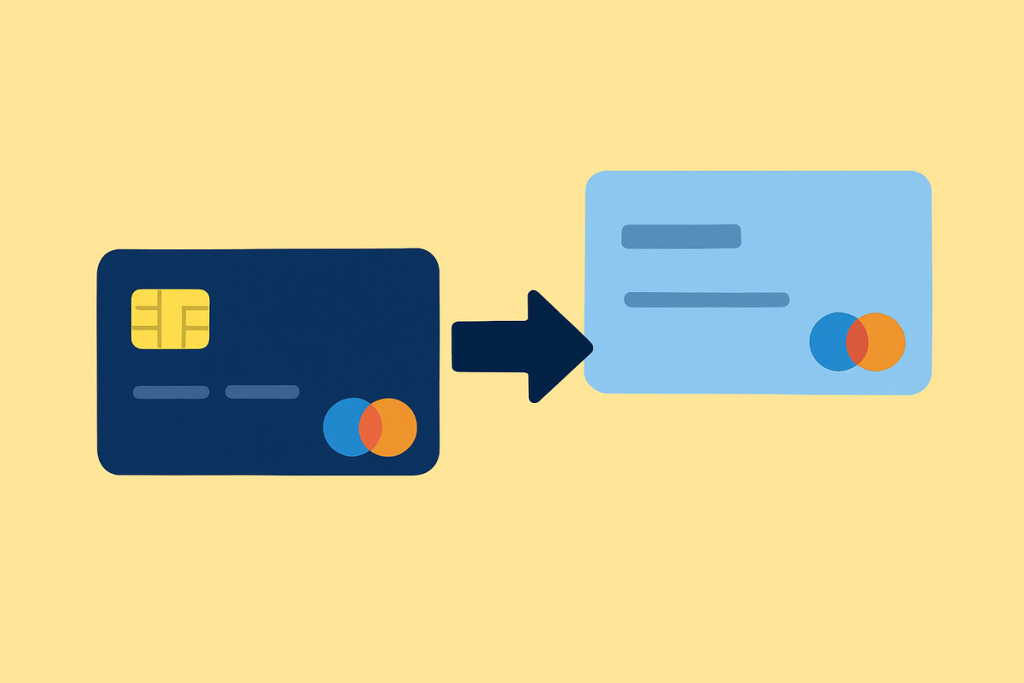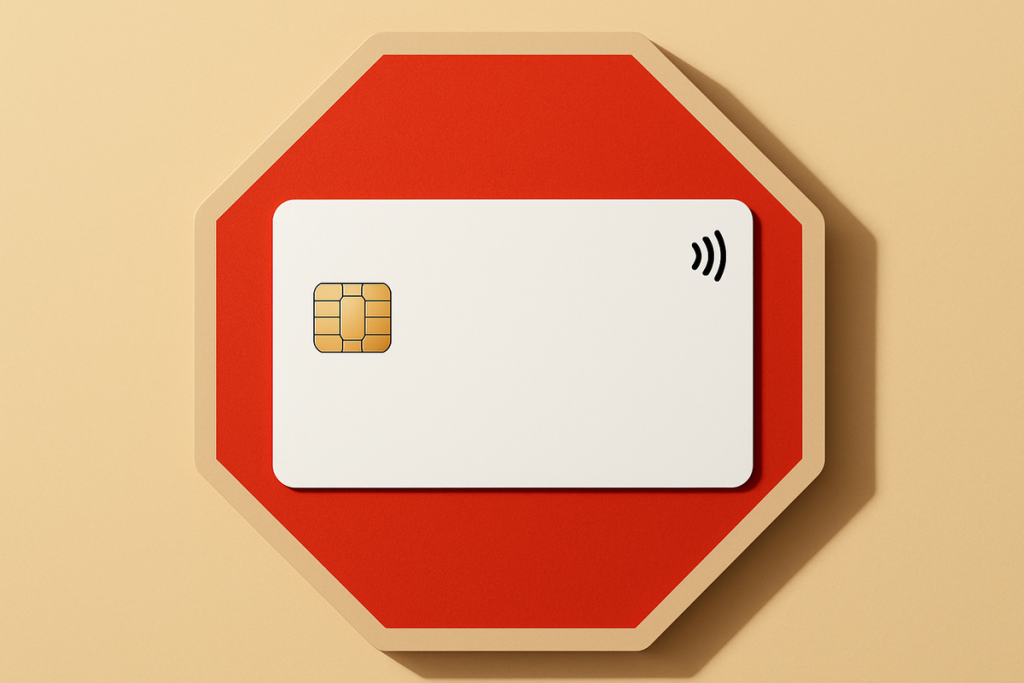Is retirement on your radar? Maybe you’re even planning to permanently leave the world of work in the coming year. If so, congratulations! You’ve certainly earned the right to focus on yourself rather than your job.
Before calling it quits and initiating your Social Security retirement payments in 2025, however, there’s one thing you’ll want to do — weigh the financial cost of claiming benefits now instead of waiting.
There’s a cost to not waiting
You can begin receiving Social Security benefits as early as 62 years of age. However, you won’t be receiving as much money as you could be. Anyone waiting until their full retirement age (between 66 and 67, depending on birth year) will see bigger monthly checks.

Image source: Motley Fool.
The difference can be significant. Getting this four- or five-year head start on your benefits will permanently reduce your payments by as much as 25% to 30%, depending on your age.
The penalty shrinks the closer you get to your full retirement age (FRA). For example, if you claim 12 months before reaching full retirement age, your monthly benefits are only reduced by 6 2/3% of what your payments would be at FRA.
Given that the average-sized Social Security check currently stands at just over $1,900, though, this potential difference still isn’t small change for most people. It can mean a few hundred dollars per month.
That being said, you should also know that waiting until after you’ve reached your designated FRA makes your eventual payments even bigger. Anyone who waits to claim benefits until they’re 70 years old will see monthly payments between 15% and 25% bigger than they’d receive at their official full retirement age. The table below illustrates the stark financial difference between claiming early or delaying benefits.
| Birth Year | Full Retirement Age |
Percentage of Full Benefit by Age at First Claim |
||||||
|---|---|---|---|---|---|---|---|---|
| 62 | 63 | 64 | 65 | 66 | 67 | 70 | ||
| 1943-54 | 66 | 75 | 80 | 86 2⁄3 | 93 1⁄3 | 100 | 108 | 132 |
| 1955 | 66, 2 mo. | 74 1⁄6 | 79 1⁄6 | 85 5⁄9 | 92 2⁄9 | 98 8⁄9 | 106 2⁄3 | 130 2⁄3 |
| 1956 | 66, 4 mo. | 73 1⁄3 | 78 1⁄3 | 84 4⁄9 | 91 1⁄9 | 97 7⁄9 | 105 1⁄3 | 129 1⁄3 |
| 1957 | 66, 6 mo. | 72 1⁄2 | 77 1⁄2 | 83 1⁄3 | 90 | 96 2⁄3 | 104 | 128 |
| 1958 | 66, 8 mo. | 71 2⁄3 | 76 2⁄3 | 82 2⁄9 | 88 8⁄9 | 95 5⁄9 | 102 2⁄3 | 126 2⁄3 |
| 1959 | 66, 10 mo. | 70 5⁄6 | 75 5⁄6 | 81 1⁄9 | 87 7⁄9 | 94 4⁄9 | 101 1⁄3 | 125 1⁄3 |
| 1960 and later | 67 | 70 | 75 | 80 | 86 2⁄3 | 93 1⁄3 | 100 | 124 |
Data source: Social Security Administration.
Your marching orders, therefore, are to get in touch with the Social Security Administration — online, in person, or by phone — and compare all of your benefit options as they stand right now. You may find there’s good reason to continue working for at least another year. Or, you may earn there’s not enough upside to sticking with your job until you’re 70 years old.
There’s no additional benefit in waiting to file once you’ve turned 70, by the way. In fact, there’s a bit of an incentive to do it as soon as possible after you turn 70 years old. The Social Security Administration only pays six months’ worth of retroactive benefits. If you wait seven months or more to claim, you’re leaving money on the table that you can never get back.
Don’t stop there
Comparing your projected Social Security payments isn’t the only thing you’ll want to consider, of course, if you’ve not yet claimed but intend to do so soon. Other pre-retirement tasks include making sure you’ve got a convenient way to receive these direct deposit payments (no paper checks anymore!) and making sure the Social Security Administration’s information about your income history is correct. Errors are possible, even though you’ve paid Social Security taxes on this income as you earned it.
Perhaps the most important chore to cross off your pre-retirement checklist, however, is updating or making a plan for your money once you do retire. Do you need a bunch of cash sitting in a low-interest checking account, or can you commit some of your money to higher-yielding money market funds that are still relatively liquid? Is your portfolio still too growth-oriented? If so, now’s the time to start reshaping it; much can happen to the market over the course of just a few months. You may also want to consider buying a supplement to Medicare’s coverage if you’re currently covered by a workplace health plan.
Whatever your future holds, it’s never too soon to start doing some fact-finding and money-minded planning. Just knowing your numbers is half the battle.
Managing your money effectively during retirement is the other half.
The $22,924 Social Security bonus most retirees completely overlook
If you’re like most Americans, you’re a few years (or more) behind on your retirement savings. But a handful of little-known “Social Security secrets” could help ensure a boost in your retirement income. For example: one easy trick could pay you as much as $22,924 more… each year! Once you learn how to maximize your Social Security benefits, we think you could retire confidently with the peace of mind we’re all after. Simply click here to discover how to learn more about these strategies.
View the “Social Security secrets” »
The Motley Fool has a disclosure policy.
 marketbeat.com
marketbeat.com fool.com
fool.com benzinga.com
benzinga.com



